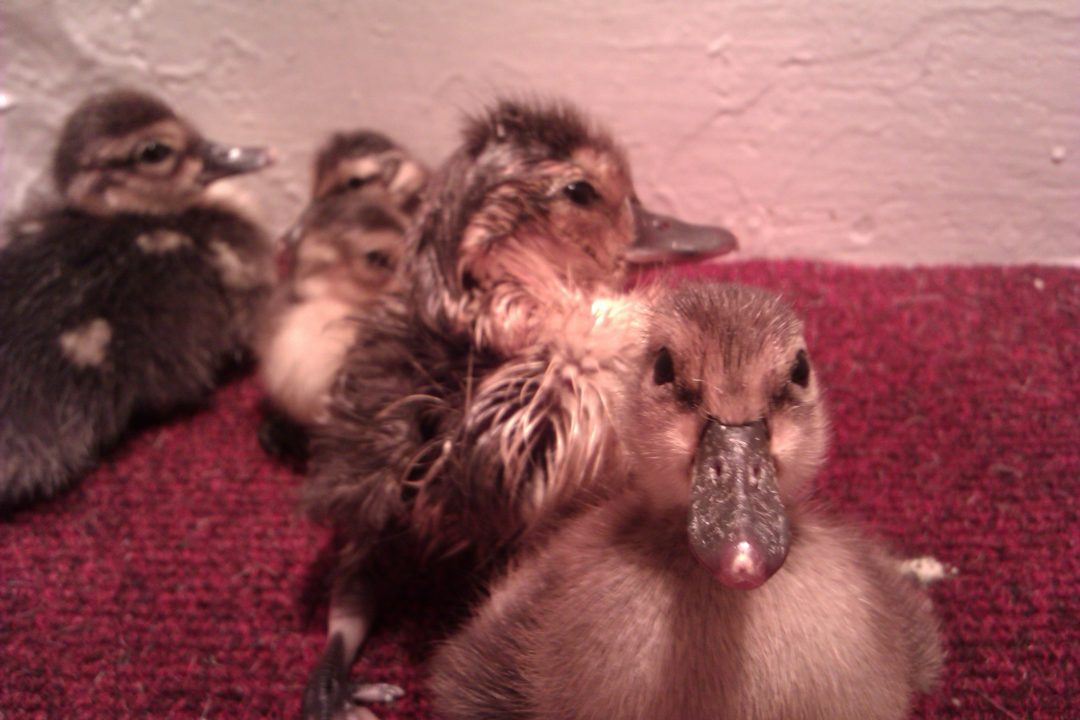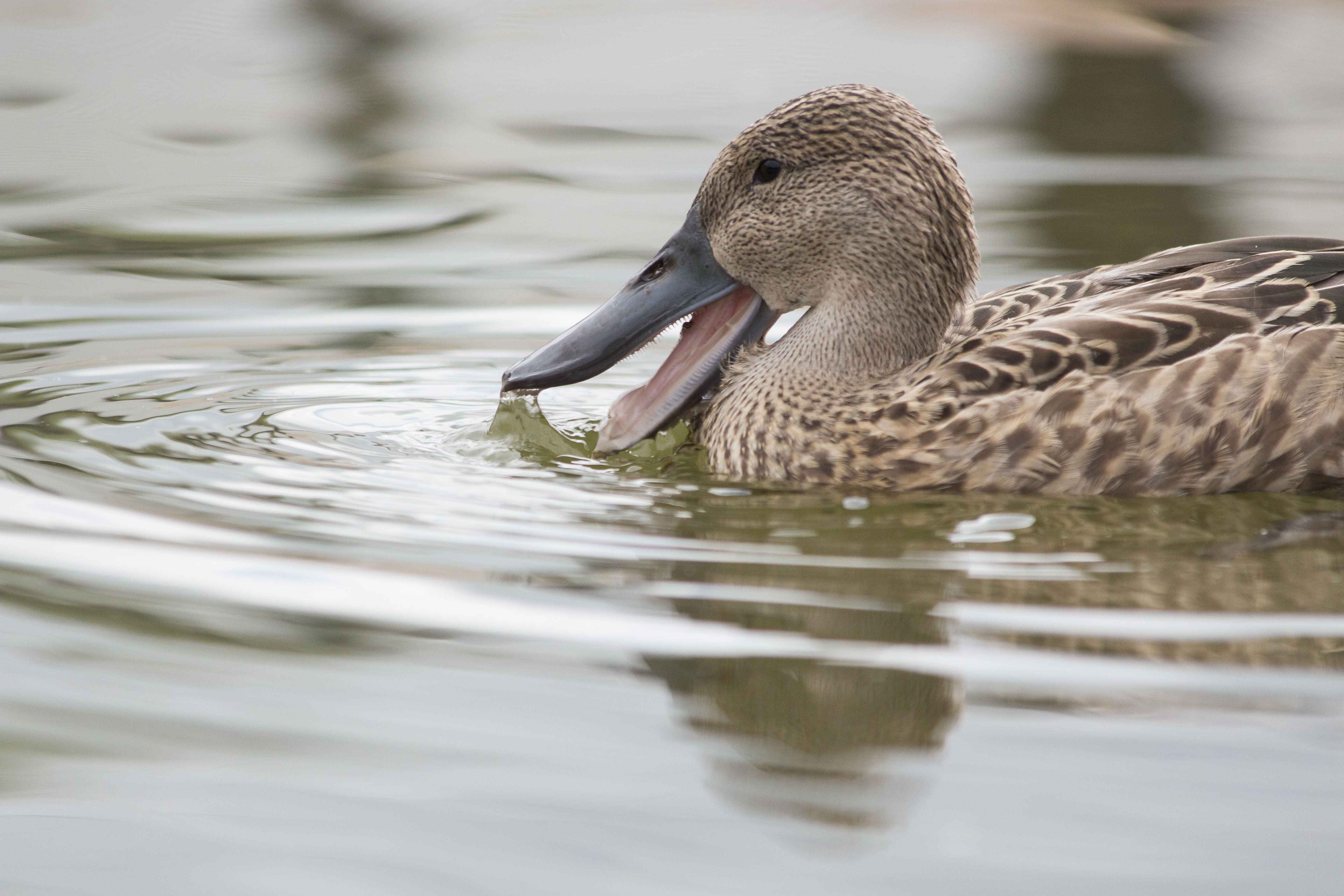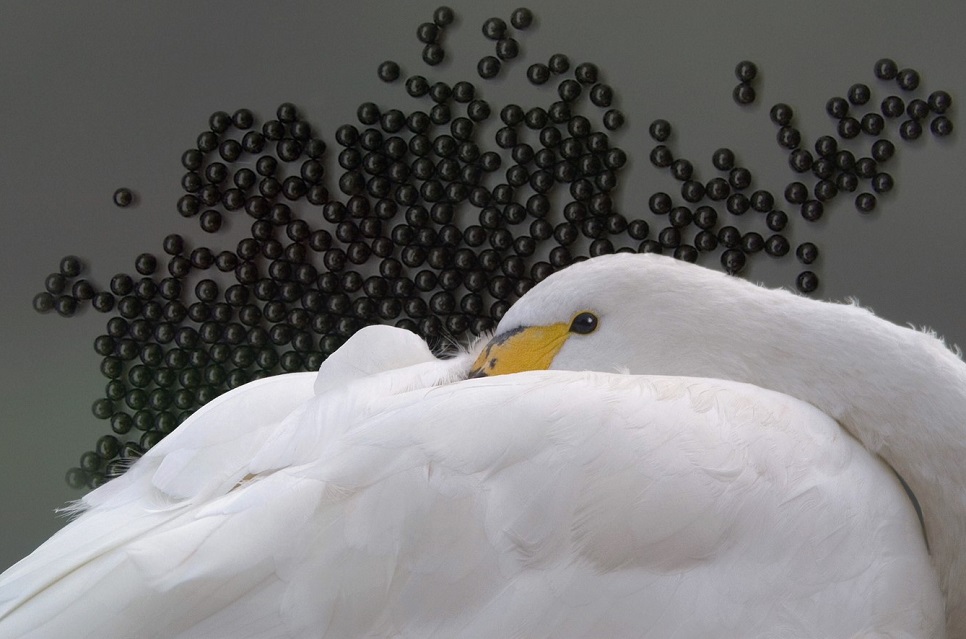The Argentine red shoveler.
In support of Wildfowl Wednesday this week we will be taking a closer look at the beautiful and fascinating Argentine red shoveler.

The red shoveler occupies wetland lakes and coastal lagoons in Chile, Argentina and the Falkland islands. Their Latin name (spatula platalea) gives you a big hint regards the significance of their beaks, because it is through this extraordinary beak that the shoveler has perfected a specialist feeding method.

Extraordinarily long, with industrial lamellae (long filters like a whale) and a thick pointed tongue, the shoveler have definitely evolved a precision tool. They have evolved to sift for tiny foodstuffs suspended within the water rather than dabble for larger chunks of food at the edges. Impressively, the shoveler species also partake in cooperative feeding, where a flock of birds will all synchronise swim in a tight circle so as to create a vortex which sucks up tasty treats from the bottom of the lake.

In the off-show Duckery area this year we have been lucky to spend some time with some of these lovely little ducklings. They hatch from a really rather tiny egg; so small in fact that their little beaks at first are no longer than any other kind of dabbling duck. It is in their first 4 weeks that, a little like Pinocchio, their beaks seems to swell and grow, always in proportion but nearly always too big! In their 5th week they begin to feather. By the 8th week the males already look different from the females, exhibiting a spotted breast rather than a female’s flecked breast. By the 10th week the eyes of the males begin to turn baby blue!

It has been a joy watching these birds grow and feather. As tiny ducklings, red shoveler can be quite defensive of their friends, and show a surprising amount of bravery for such a small duck. In the South American pen currently our gorgeous group of red shoveler are just recovering from the moult, so if you have a moment, just sit on the bench, stand in their shoes, and just imagine having that beak!
We look forward to sharing more information about the beautiful wildfowl and water birds we exhibit on site during future #WildfowlWednesday features. Thanks for reading!

